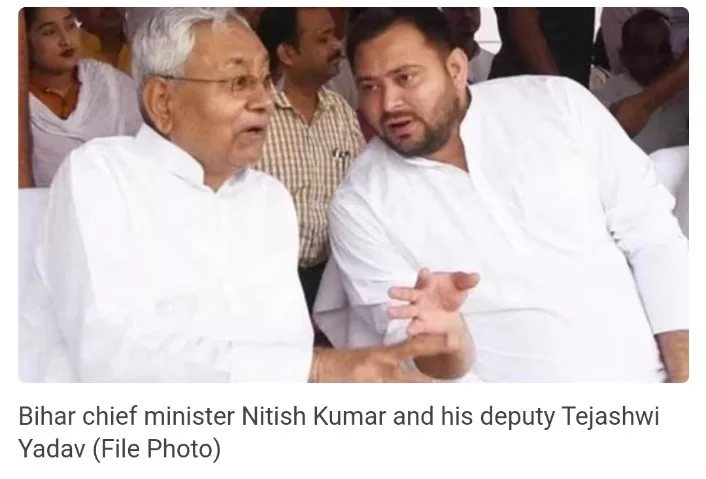In a significant legal development, the Supreme Court of India has scheduled a hearing for a plea challenging the recently released Bihar caste census. The petitioner contends that the survey, unveiled by the Bihar government on Monday, infringes upon the privacy rights safeguarded by the apex court’s previous judgment.
Vivek Kumar Singh, Additional Chief Secretary of Bihar, disclosed key findings from the caste survey, revealing that the backward class constitutes 27.13% of Bihar’s population, while the extremely backward class accounts for 36.01%, and the general category stands at 15.52%. Notably, Bihar’s population predominantly identifies as Hindu, with 81.99% belonging to the majority community, and Muslims comprising 17.70%.
Of particular significance, the “unreserved” category, denoting the so-called “upper castes,” comprises 15.52% of Bihar’s total population, as per the survey data.
Chief Minister Nitish Kumar emphasized that the proposal for a caste-based enumeration was unanimously passed in the Bihar Legislature. He underscored that the state government conducted the caste-based census using its own resources, shedding light not only on castes but also on the economic conditions of individuals. He reiterated the government’s commitment to the development and upliftment of all sections of society.
This contentious caste census, opposed by the ruling BJP-led National Democratic Alliance (NDA) government, assumes critical importance as it aligns with the 2024 Lok Sabha Elections. It could potentially trigger demands for similar caste-based enumerations in other states, a key agenda for the opposition INDIA bloc.
The survey’s initiation stemmed from a decision by the central government led by Prime Minister Narendra Modi, which clarified its inability to include caste-based population data beyond Scheduled Castes (SCs) and Scheduled Tribes (STs) in the national census.




